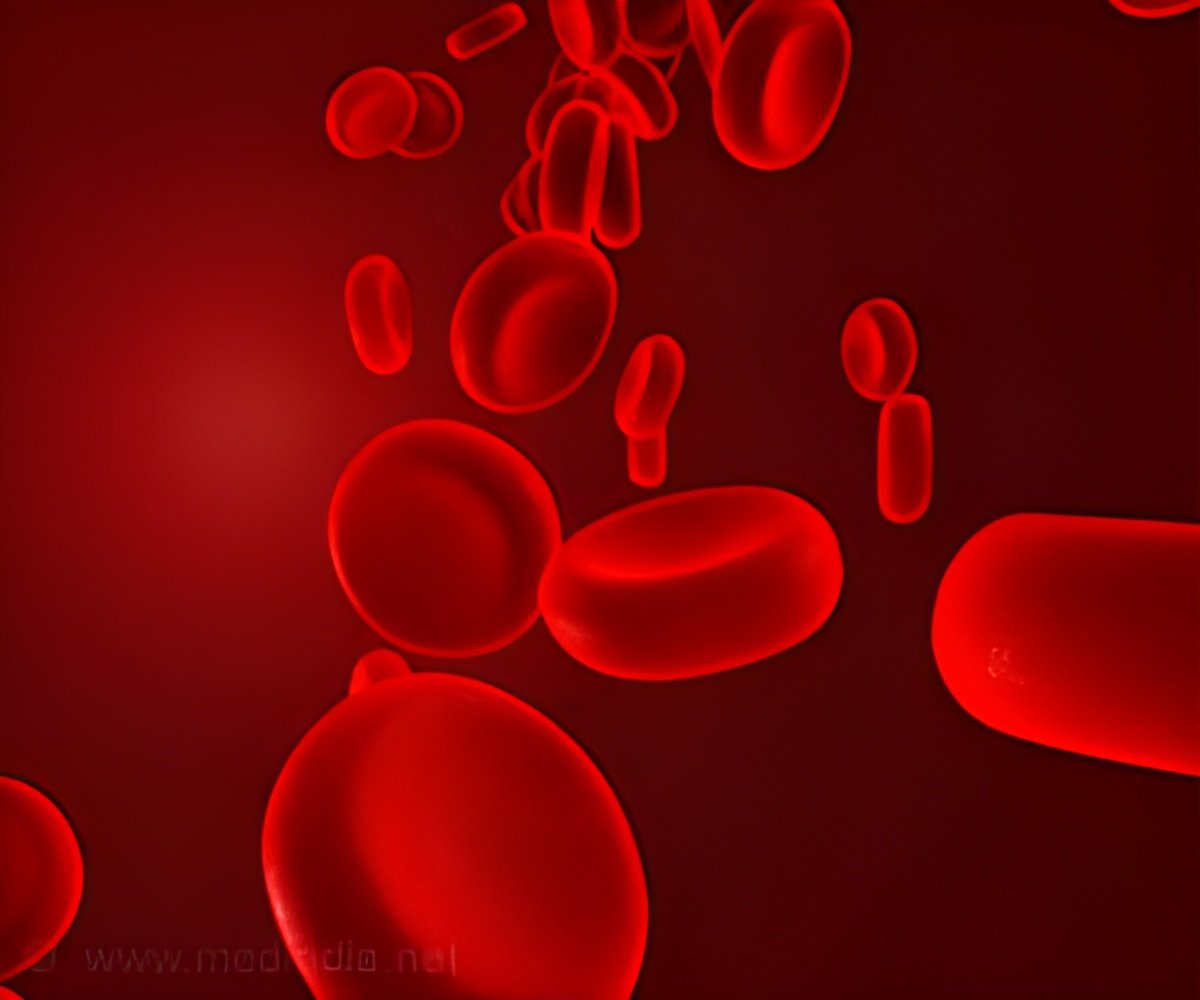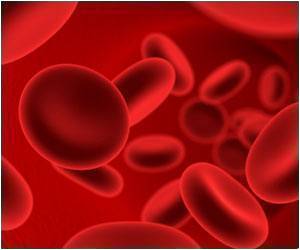A proposal for new technology to screen donated blood in the government hospitals' blood blanks to curb risk of transmitting infection got approved by the Delhi government.

"To minimise the risk of transmission of infections due to transfusion of donated blood, the cabinet has decided to introduce nucleic acid amplification testing of donated blood in blood banks in government's major hospitals," Dikshit told reporters.
The new testing and screening technology will replace the existing enzyme-linked immunosorbent assay which detects infections in respect of HIV, Hepatitis B & Hepatitis C viruses in the donated blood after approximately 21, 60 and 75 days of infections respectively. The period is known as window period.
"The new technology will reduce the duration of window period to 11, 20 and 15 days respectively and therefore would reduce the risk of transmission of infections," said a government official.
It has been proposed to introduce the new technology at Lok Nayak Hospital or GTB Hospital.
Source-IANS









